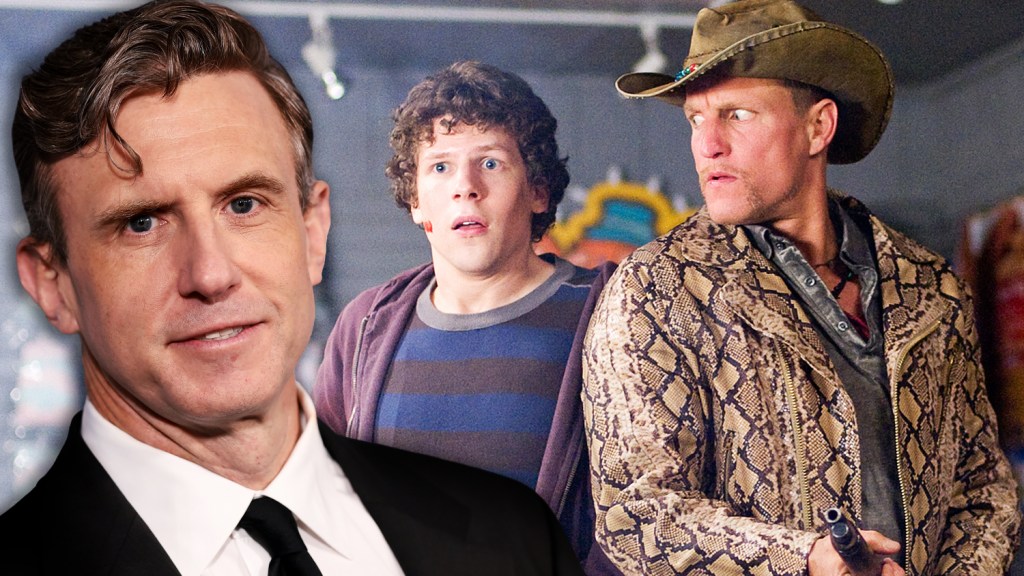After stepping in as director on Now You See Me: Now You Don‘t, the third installment in the magician heist franchise from Lionsgate, Ruben Fleischer is ready to get his own franchise to a threequel — with Zombieland 3, two decades on from…

After stepping in as director on Now You See Me: Now You Don‘t, the third installment in the magician heist franchise from Lionsgate, Ruben Fleischer is ready to get his own franchise to a threequel — with Zombieland 3, two decades on from…